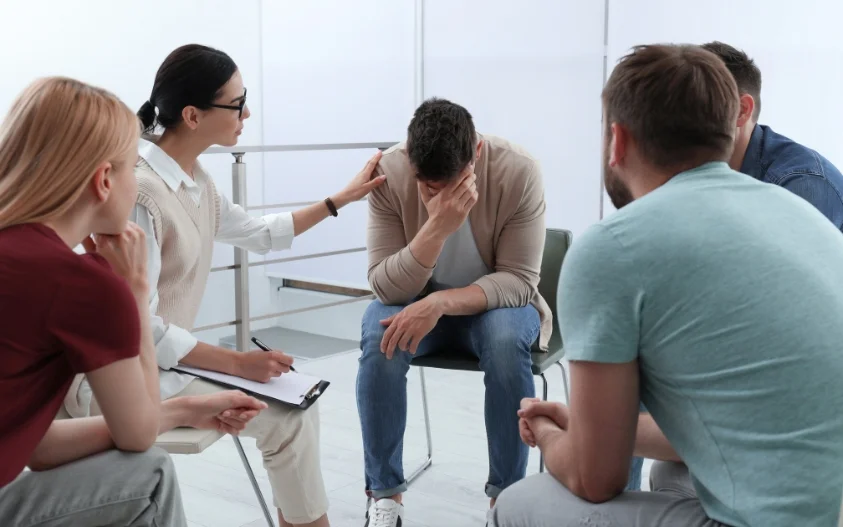centers play a crucial role in addressing the pressing issues of drug and alcohol addiction in
, Ohio. Nestled in Fayette County, this small city has a population of just over 14,000 residents, making it a close-knit community. However, like many areas in the United States, Washington Court House is grappling with a significant drug and alcohol problem. The increase in substance abuse has raised alarms among local health officials, families, and friends, all of whom are witnessing firsthand the devastating impact addiction can have on individuals and their loved ones. The importance of rehab centers in Washington Court House, Ohio cannot be overstated; they offer pathfinding addiction treatment that helps individuals reclaim their lives and restore hope in the community. The city boasts several rehab facilities staffed with dedicated professionals who provide holistic treatment tailored to individual recovery journeys. Understanding the historical context of Washington Court House is equally important. Established in 1810, the city originally served as an important center for transportation due to its strategic location. Over the years, this city has transformed and adapted, but the emerging addiction crisis threatens to overshadow its legacy and potential. The community's need for comprehensive support systems, including rehab centers, reflects the broader challenge faced in combating drug addiction in Washington Court House, Ohio. With collaborative efforts among local organizations, government, and rehabilitation services, there is a concerted push to provide accessible and effective addiction treatment to those in need. Addressing drug and alcohol addiction is not just about recovery; it is about revitalizing the community and ensuring a healthy future for all residents. As substance abuse continues to affect many lives, understanding the significance of Washington Court House, Ohio rehab centers becomes essential in paving the way for healing and recovery.Addiction treatment, drug and alcohol rehab centers are also available in
Fayette
One can also look for
, or browse through
.
Learn more about
- Rehab in Washington Court House
































































